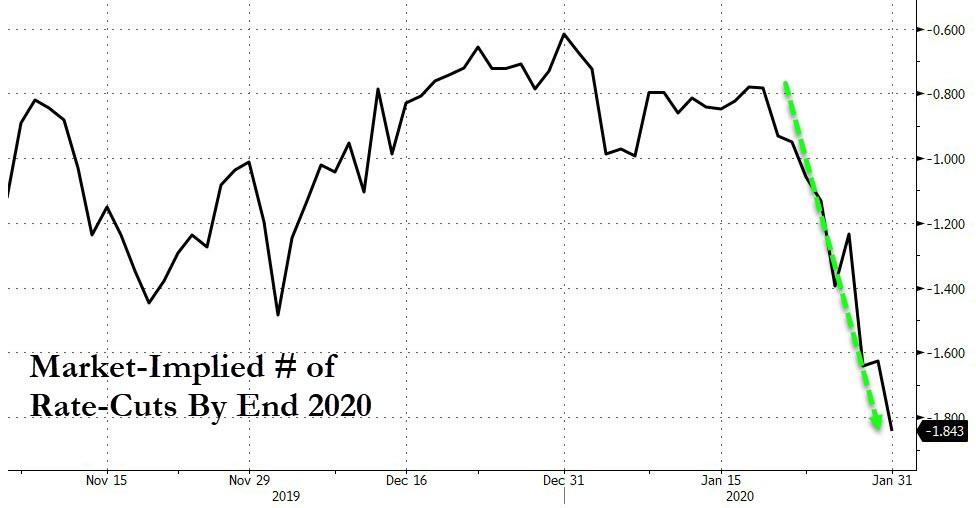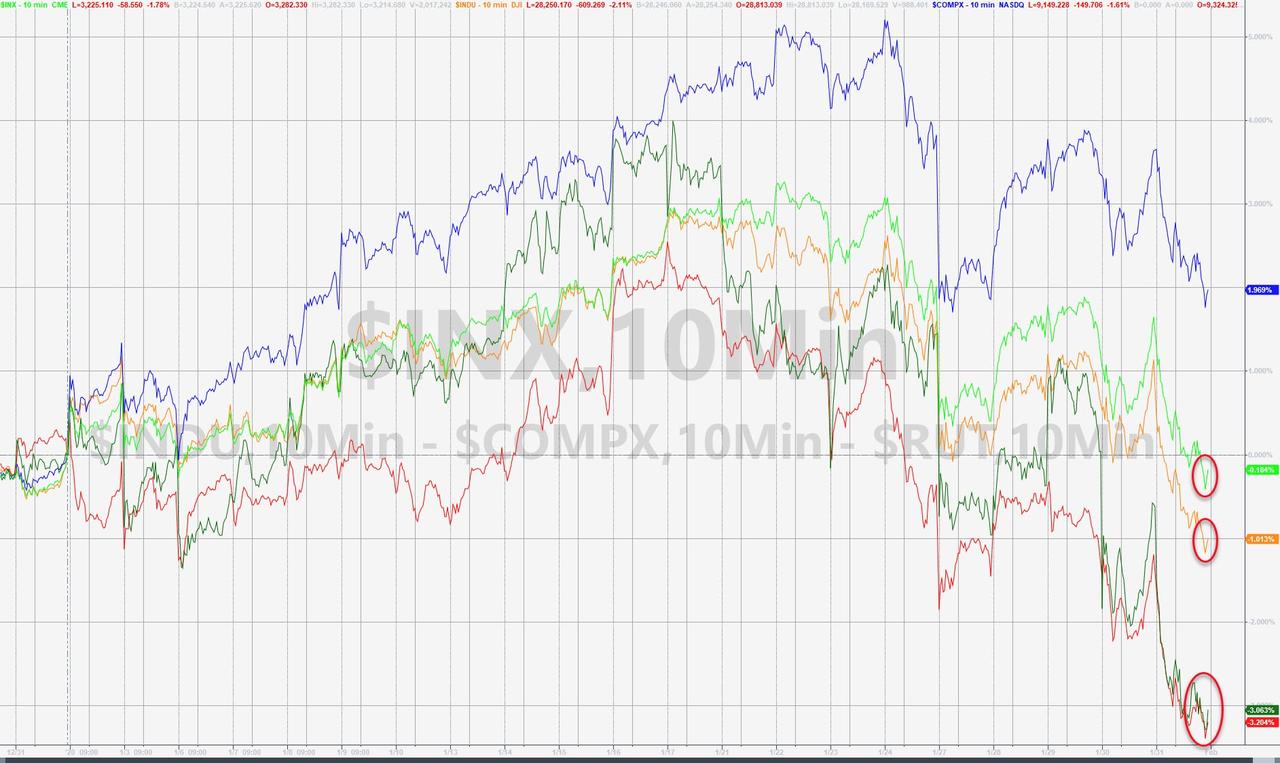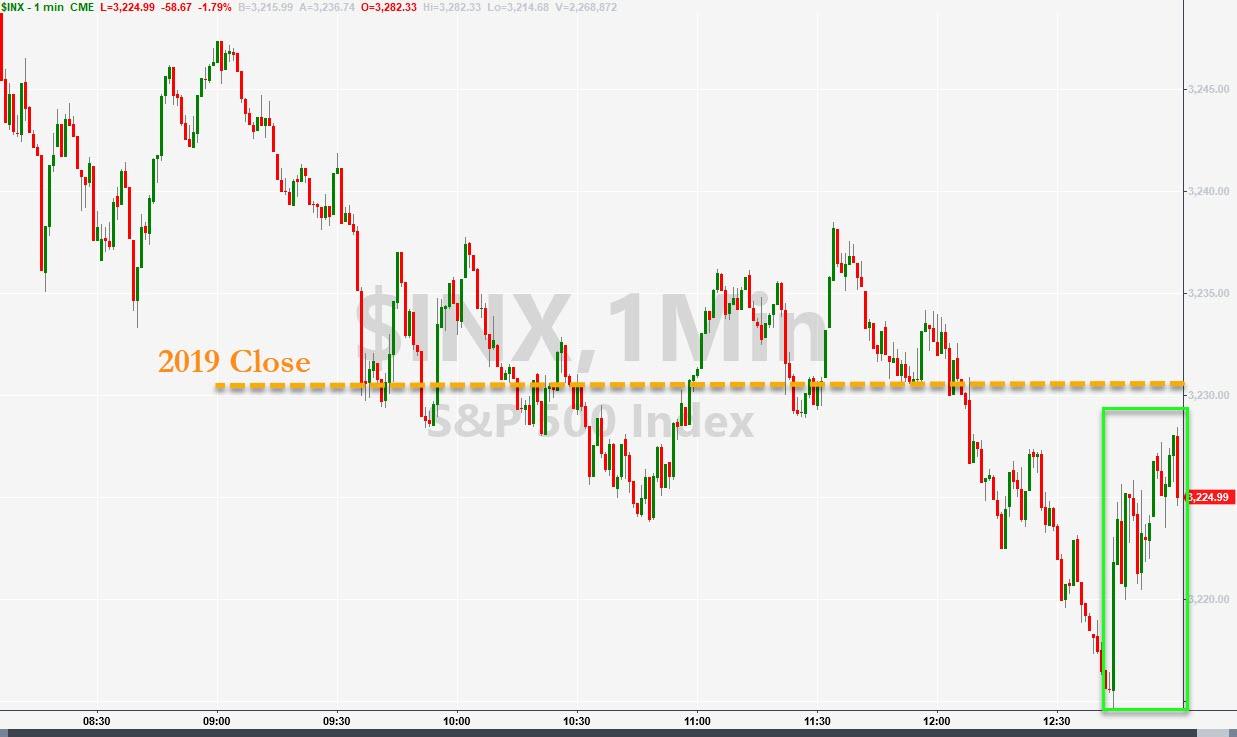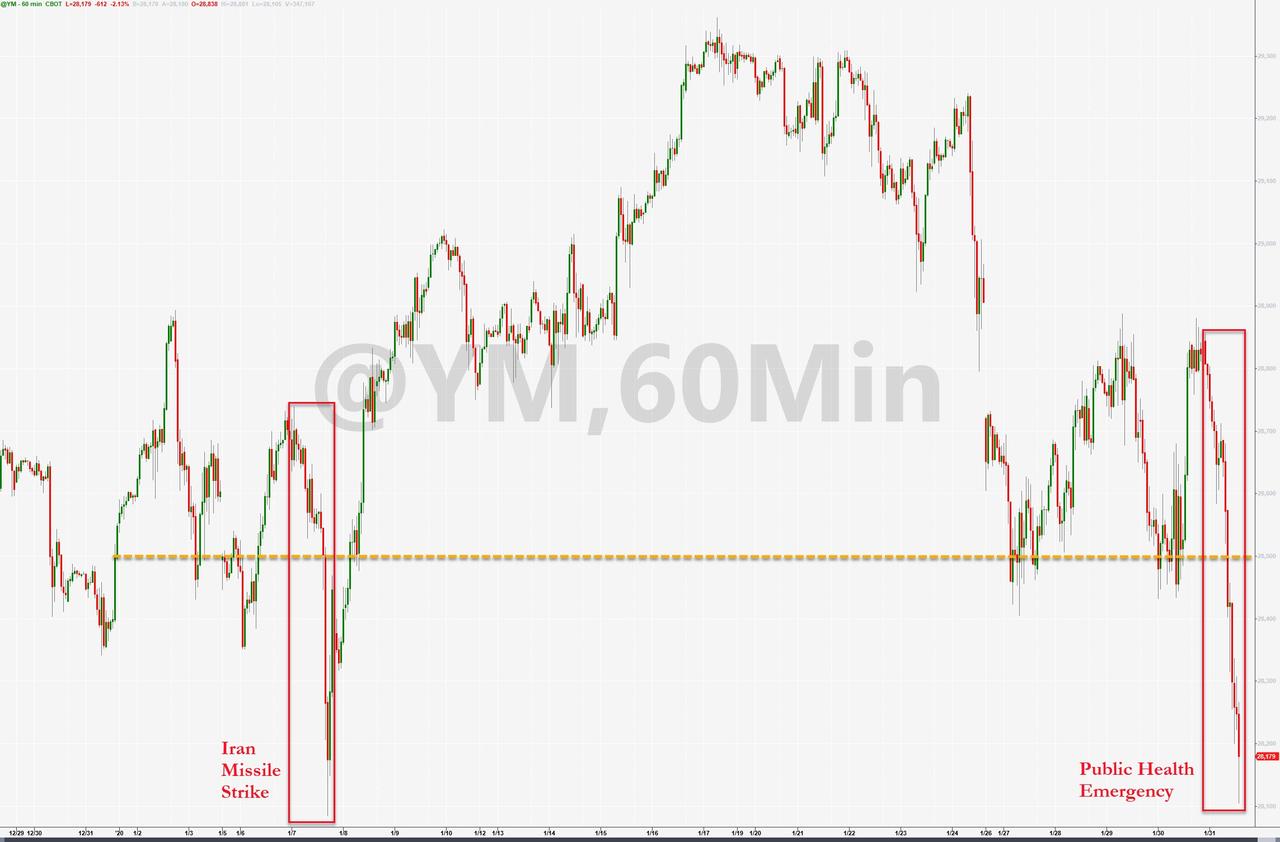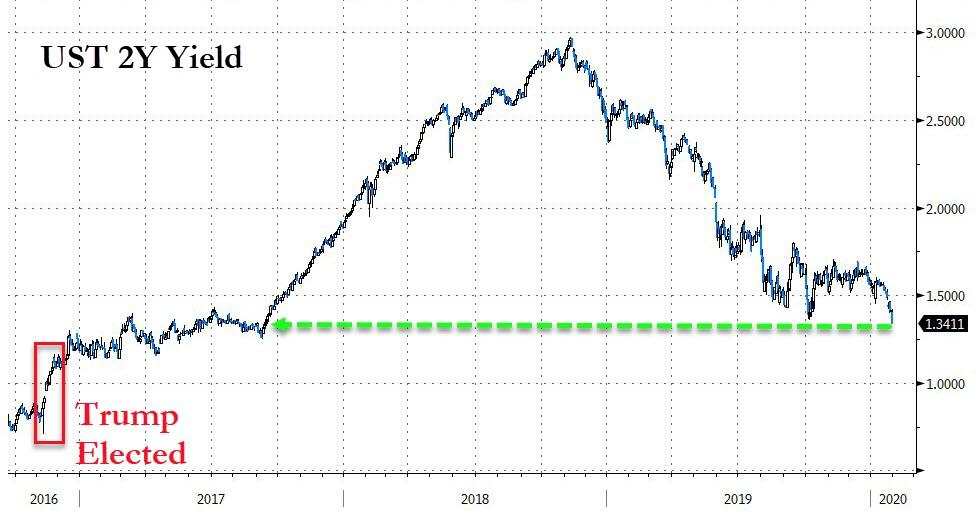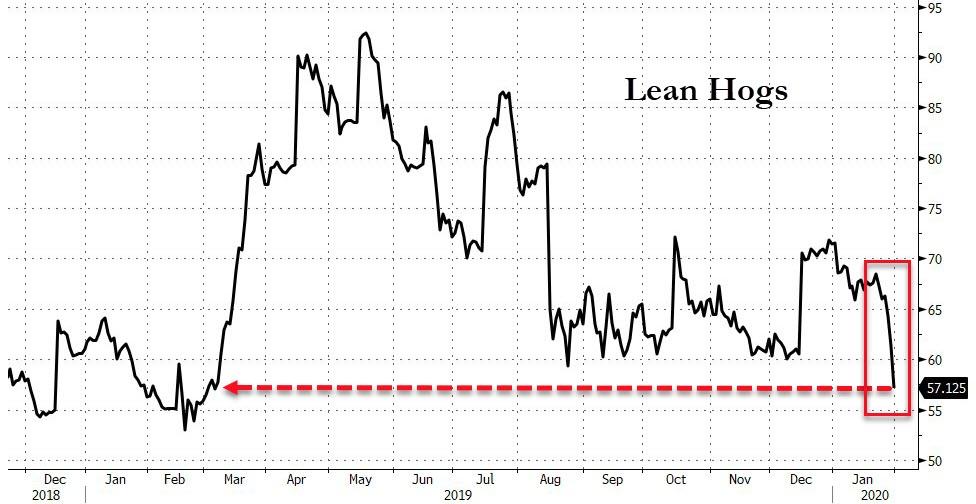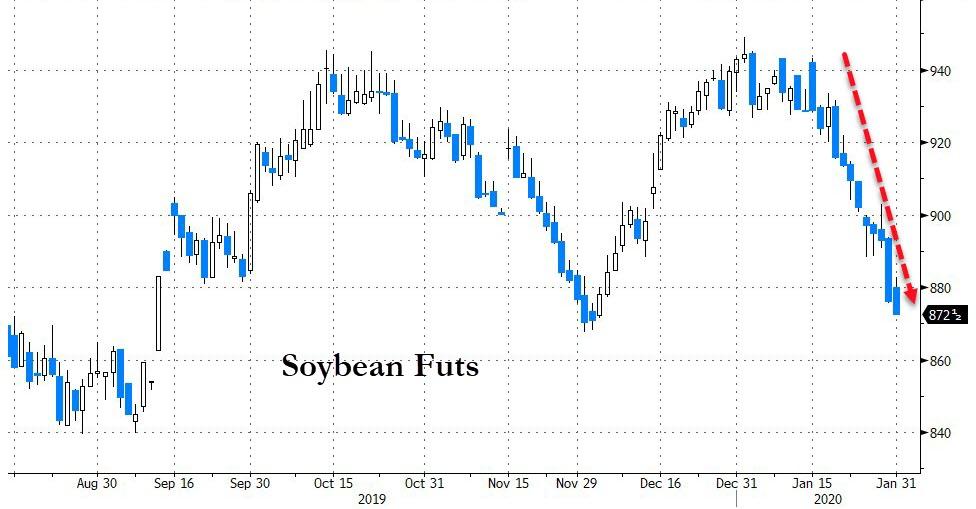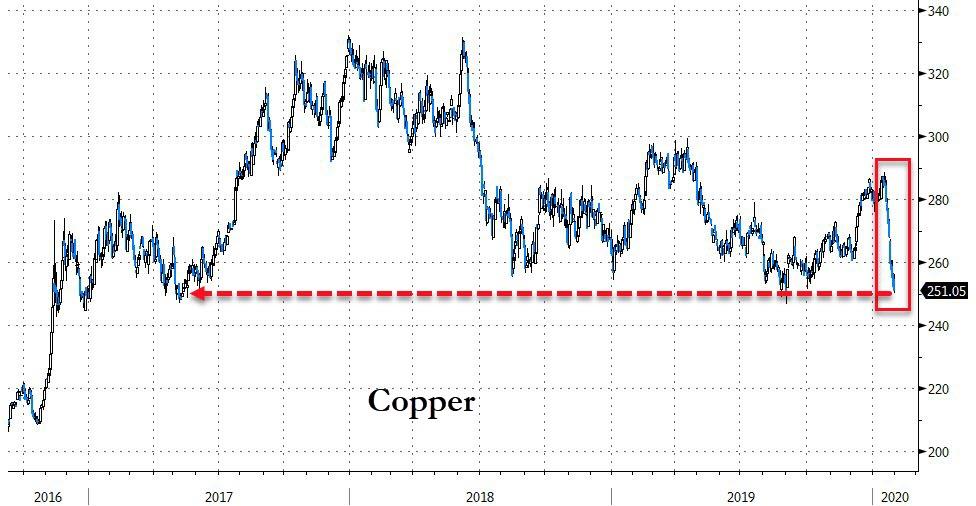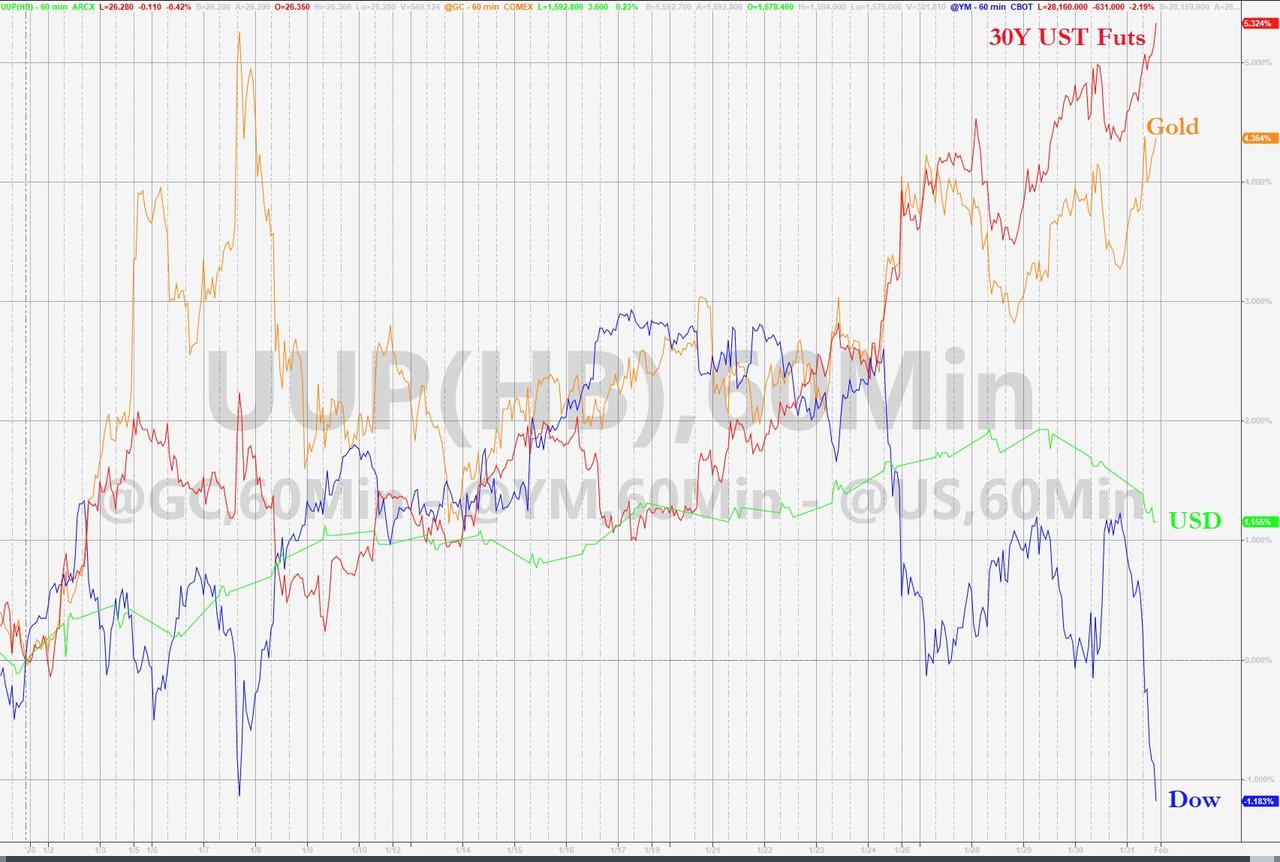Before Amy Klobuchar was a United States senator and a Democratic presidential candidate, she was a prosecutor in Hennepin County, Minnesota. It was then, nearly two decades ago, that Klobuchar helped prosecute a teenager named Myon Burrell for murder. She hasn’t forgotten the case. She’s even touted it in the presidential debates to paint herself as a progressive who cares deeply for underserved communities.
But now an investigation by the Associated Press has cast serious doubt on Burrell’s guilt, and criminal justice activists are calling for Klobuchar to suspend her campaign.
The case revolves around the death of 11-year-old Tyesha Edwards, who was killed in the crossfire during a Minneapolis shootout in 2002. Ike Tyson and Hans Williams had been driving around town when a rival waved a gun at them. The pair picked up a third acquaintance and returned to the area with a gun. Williams remained in the driver’s seat while Tyson and the third man jumped out of the car. Tyson fired the gun toward the rival, but his vision was obscured by a wall. A bullet hit Edwards, and she died.
The third acquaintance has never been firmly identified. Investigators used jailhouse informants, including a rival gang member, to implicate Burrell as the third man. (One informant later said his 16-year sentence was cut down to three years in exchange for a testimony.) Burrell was eventually sentenced to life in prison, even though no physical evidence tied him to the case.
Tyson, who is now serving a 45-year prison term, has refused to name the third acquaintance, arguing that the man should not be arrested since he didn’t fire the fatal shot. But he has also long maintained that the man was not Burrell, and that Burrell was not present at the scene at all. At least two jailhouse informants have recanted their claims about Burrell, which they say investigators pushed them to say. Investigators failed to locate two people who said they were with Burrell at the convenience store during the shooting. Evidence that might clear Burrell, including video from a convenience store, has gone missing.
Klobuchar reportedly denied Burrell’s request to attend his mother’s funeral while he was incarcerated.
The Minneapolis NAACP, Black Lives Matter, and other activists in the area argue that because Klobuchar touted the case while campaigning, she should “immediately end her campaign for president.” Klobuchar’s record, particularly her failure to pursue police officers in certain excessive force incidents, has come under criticism from civil libertarians before.
from Latest – Reason.com https://ift.tt/3aWPXFE
via IFTTT




